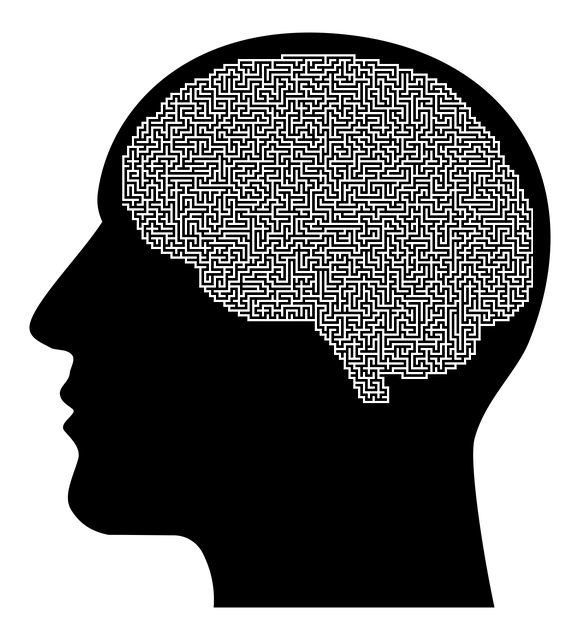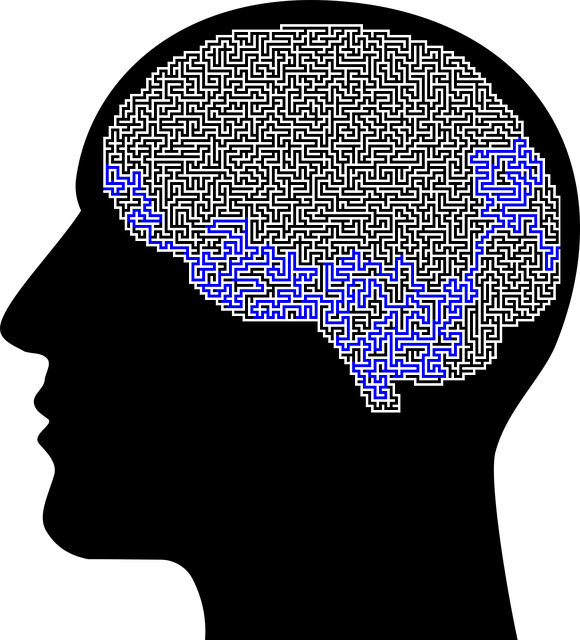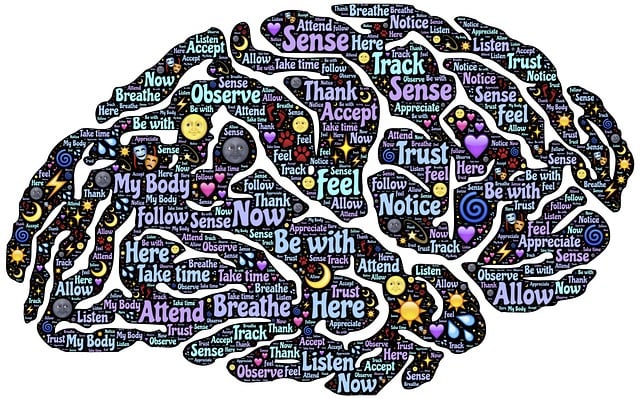Wheat Ridge Postpartum Depression Therapy tackles the severe consequences of stigma surrounding PPD, hindering help-seeking behaviors. Through tailored emotional healing processes, conflict resolution, and empathy building, therapy sessions create safe spaces for mothers to express feelings, understand root causes, and develop effective coping mechanisms. Community engagement, educational programs, workshops, and awareness campaigns further reduce stigma, promote early intervention, and improve access to quality care like specialized Wheat Ridge postpartum depression therapy. Local organizations advocate for evidence-based practices, fostering a judgment-free environment where mental wellness is prioritized.
Mental illness stigma remains a significant barrier to treatment, impacting millions globally. This article delves into stigma reduction efforts in Wheat Ridge, focusing on innovative approaches like community engagement and education. We explore how initiatives aimed at destigmatizing mental health issues, such as Wheat Ridge Postpartum Depression Therapy, empower individuals seeking support. By examining strategies and resources available, we aim to highlight progress and inspire further action against this societal enigma.
- Understanding Stigma and its Impact on Mental Health: A Focus on Wheat Ridge Postpartum Depression Therapy
- Strategies for Reducing Stigma: Community Engagement and Education
- Supportive Services and Resources: Empowering Individuals with Mental Illness in Wheat Ridge
Understanding Stigma and its Impact on Mental Health: A Focus on Wheat Ridge Postpartum Depression Therapy

Stigma surrounding mental health issues, such as postpartum depression (PPD), can have devastating effects on individuals and their families. It often prevents people from seeking help, leading to prolonged suffering and potential complications for both mother and child. Wheat Ridge Postpartum Depression Therapy recognizes this challenge and focuses on breaking down the barriers created by stigma through tailored emotional healing processes.
The impact of stigma is profound, causing many to internalize negative beliefs about themselves, leading to shame, isolation, and even suicidal ideation. By addressing these issues head-on, therapy sessions in Wheat Ridge employ conflict resolution techniques and empathy building strategies to create a safe space for mothers to express their feelings, understand the root causes of their depression, and develop coping mechanisms. These approaches not only help in managing symptoms but also foster a supportive environment that encourages open conversations about mental health.
Strategies for Reducing Stigma: Community Engagement and Education

Stigma reduction efforts for mental illness often revolve around community engagement and education. By fostering open conversations about mental health within communities, individuals with conditions like postpartum depression in Wheat Ridge can find support and understanding. Mental health education programs designed to dispel myths and provide accurate information can significantly impact public perception. These initiatives empower people to recognize the signs of struggles and offer help without judgment, creating a more inclusive environment for those seeking therapy, whether for postpartum depression or other mental health challenges like burnout.
Community engagement strategies include hosting workshops, seminars, and awareness campaigns that highlight the importance of mental well-being. Schools, workplaces, and local organizations can play pivotal roles in these efforts by incorporating mental health education into their curricula and policies. Such inclusive practices not only reduce stigma but also promote early intervention for depression prevention and burnout prevention, ultimately leading to improved access to quality care like Wheat Ridge postpartum depression therapy.
Supportive Services and Resources: Empowering Individuals with Mental Illness in Wheat Ridge

In Wheat Ridge, supportive services and resources play a pivotal role in empowering individuals grappling with mental illness, particularly postpartum depression. Access to specialized therapy, tailored interventions, and educational programs helps break down barriers and reduce stigma associated with seeking help. Organizations dedicated to mental health advocate for evidence-based practices, ensuring that residents receive quality care in a judgment-free environment. These initiatives not only support individual recovery but also foster a more inclusive community where mental wellness is prioritized.
The availability of resources extends beyond traditional therapy sessions. Local communities and healthcare providers collaborate to offer various programs, including support groups, online Mental Wellness Podcast Series Production, and workshops focused on coping strategies. Such holistic approaches cater to diverse needs, promoting early intervention and long-term management of mental health conditions, especially in at-risk populations like new mothers. Additionally, Risk Management Planning for Mental Health Professionals is integral to ensuring safe and effective practice, thereby enhancing the overall quality of care provided.
Mental illness stigma reduction is a multifaceted approach, as demonstrated by the strategies employed in Wheat Ridge Postpartum Depression Therapy and community engagement initiatives. By fostering education, providing supportive services, and utilizing accessible resources, we can create a more inclusive environment for those facing mental health challenges. Through these efforts, communities like Wheat Ridge can move towards a future where individuals with mental illness are empowered to seek help without fear of judgment, ultimately improving overall well-being.












